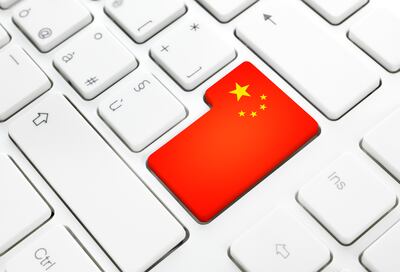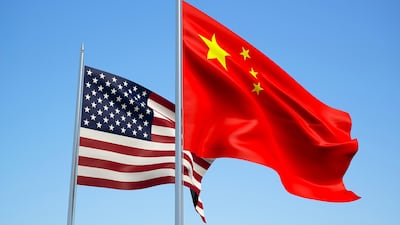Global Vision
Accelerated approvals of novel products rebounded in 2025 as drug development adapted to major pathway changes enacted in the FDA Omnibus Reform Act, but pending applications suggest a potentially bigger impact outside oncology in 2026.
Pilatus Biosciences' Switzerland-Taiwan-US structure exemplifies how biotechs might navigate US-China tensions, leveraging Chinese manufacturing efficiency while maintaining American investor credibility and partnership opportunities.
Biotech’s pricing playbook is being upended as US Most-Favored Nation rules collide with Europe’s evolving International Reference Pricing models. The result: launch strategies, deal structures and innovation pipelines are all under pressure.
Charles River’s CSO Julie Frearson outlines the FDA’s planned transition away from animal testing, changing attitudes to artificial intelligence, and the move to New Alternative Methods.
Issues that had been concerns in Trump’s first term are realities now, but industry has also seen some successes. Trump’s personalistic style of governance means that larger firms may be at an advantage because of their greater flexibility to cut deals on individual products.
Memo Therapeutics is sharpening its focus on its lead antibody Potravitug, for BK polyomavirus (BKPyV) in kidney transplant patients as it prepares for Phase III trials and doubles down on patient engagement.
Chinese medtechs are expanding rapidly worldwide, but gaining market access within China itself – poised to become the world’s largest medtech market – is proving to be a very different challenge.
The rapid growth of Chinese biopharmas has led to increased dealmaking with the US and Europe, but that could be stifled by a potential new Trump Administration policy.
China has rapidly expanded its clinical trial footprint since 2015, driven by regulatory reforms and increased investment in pharma R&D. By 2023, it matched the US in trial volume. Oncology leads, but biologics are leading in momentum.
The Chinese appetite for GLP-1s is noticeable. While the market opportunity for western pharma is huge, so are the strategic market access challenges, though not unsurmountable, L.E.K. Consulting told In Vivo.
Leading industry experts have spoken to In Vivo about how investment, a change in mindset and a fresh approach to policy may allow Italy to kick-start its biotech ecosystem.
Despite recent political turmoil, outside investor and corporate interest in South Korean biopharma innovation appears robust or even increasing.
Against a backdrop of shifting trade policies, the end of multilateral market approaches and renewed focus on supply chain resilience, medtechs are doubling down on innovation in products and processes – using AI – and keeping unmet needs and outcomes in the center of the target.
The UK government has prioritized synthetic biology and created a "concierge service" for biotechs just as the US cuts science funding.
Despite the ability to initiate clinical trials quickly and having strong manufacturing capacity, Chinese companies are facing multiple challenges in the obesity space.
Big pharma plans to invest billions of dollars in US manufacturing to avoid tariffs proposed by the Trump Administration. However, the implementation of these plans may be delayed due to regulatory complexities and rising costs from tariffs, potentially impacting drug prices for consumers.
S2 Xpeed is driving the rapid growth of medtech and hardware start-ups in Europe. Operating under a "sweat equity" model, the program helps early-stage companies move from prototype to manufacturing readiness in exchange for equity.
Crystal Qin has led LaNova Medicines’ swift rise in the biotech world through strategic partnerships and innovative R&D, highlighted by a record deal with big pharma.
The Barcelona Health Hub is a nonprofit that seeks to advance digital health innovation by bringing together start-ups, investors, health care institutions and corporations.
New funding mechanisms are required to give more momentum to prevention in the community and thereby relieve pressure on overburdened health care providers like the UK National Health Service. So says Simon Radford, a director at global thinktank the Milken Institute, which sees a solution in more funding for community-level prevention.




















